COVID-19 Vaccination & Cancer | Dr. Smit Sheth | Cancer Specialist | MOC
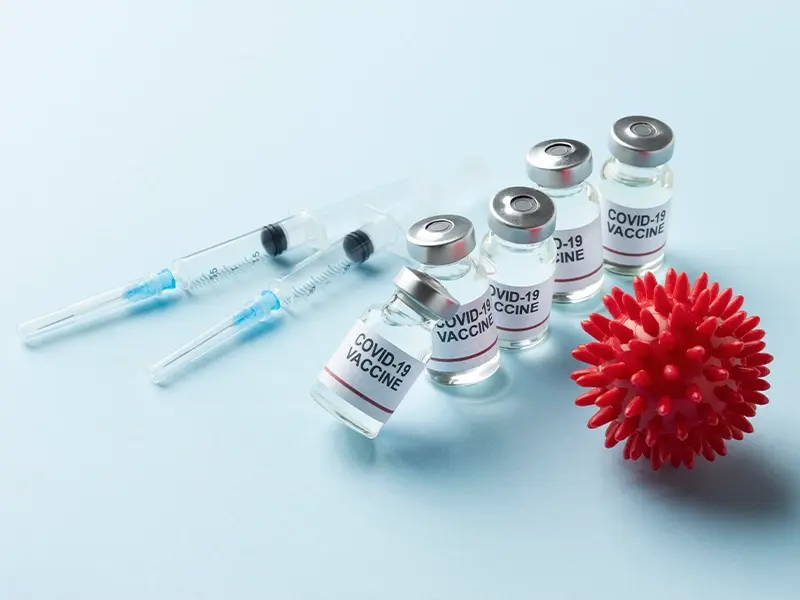


In the view of recent approval for COVID-19 vaccines, we would like to share an important information regarding its implications to those patients suffering with, being treated for or survived over cancer.
Patients with cancer as a disease group have been proven to be at a higher risk of severe COVID-19 infection. SARS-Cov-2 infection can potentially result in significant and devastating delays in screening, diagnosis and treatment in patients with cancer which can ultimately cause an increased risk of cancer-related morbidities and mortalities. Accumulated evidence from influenza vaccinations suggest that patients with cancer are able to mount a protective immune response from anti-SARS-CoV-2 vaccines.
None of the SARS-CoV-2 vaccine trails are enrolling patients receiving immunosuppressive therapy, though data from some patients with cancer have been accrued. Most trials require patients to be off immunosuppression for a certain period in order to be eligible for vaccination. Live vaccines are, in general, contraindicated in patients under immunosuppressive therapy.
Reduced protective effects may occur in patients treated with B cell-depleting agents (anti-CD19, anti-CD20, anti-CD10 monoclonal antibodies and CD19 CAR-T cells) in the view of suboptimal immune response. The level of efficacy may be expected to be generally reduced in certain populations of cancer patients such as post stem cell transplant patients.
However, based on data extrapolation from other vaccines and the mechanism of action of the COVID-19 vaccines (not live), it is conceivable that the efficacy and safety of vaccination against COVID-19 may be estimated to be similar to that of patients without cancer; although the data from clinical trials are lacking.
The efficacy of COVID-19 vaccines can also vary in patients with distinct contexts of malignant disease (tumor type, disease extent); however, the benefits of vaccination seem to significantly and substantially outweigh the risks.
In patients receiving chemotherapy, seroconversion and seroprotection rates are expected to be lower than in the general population, but not in patients receiving Immunotherapy. Whenever possible, the administration of the vaccine should be performed before initiation of chemotherapy.
In patients who have already initiated chemotherapy, the existing data do not support a specific timing of administration with respect to chemotherapy infusions. Close surveillance and monitoring of patients with cancer is required after COVID-19 vaccination to assess potential adverse events.
How do the Pfizer and Moderna vaccines work? Our cells use messenger RNA (mRNA) to produce the various proteins our bodies need to function. The Pfizer and Moderna vaccines both use an mRNA sequence that codes for the unique spike protein on the surface of the SARS-CoV-2 virus. Once a person receives the vaccine, their cells take up that mRNA sequence and produce the COVID-19 spike protein. Their immune system then detects those proteins as foreign and creates antibodies against them, which helps provide protection from future COVID-19 infections. Preliminary data shows the observed side effects are very similar to the flu vaccine, such as pain at the injection site and fatigue. The following information is compiled from the STATEMENTS FOR VACCINATION AGAINST COVID-19 IN PATIENTS WITH CANCER published by European Society for Medical Oncology.
Dr. Smit Sheth
Consultant Medical Oncologist / Cancer Specialist
Mumbai Oncocare Centre, Thane
drsmitsheth@mocindia.co.in
Appointments @ 02225301090 (Thane) / 9769769498 (Mulund)
www.mocindia.co.in
Latest Blogs
-
![Nidar Naari is a movement initiated by M|O|C Cancer Care & Research Centre]()
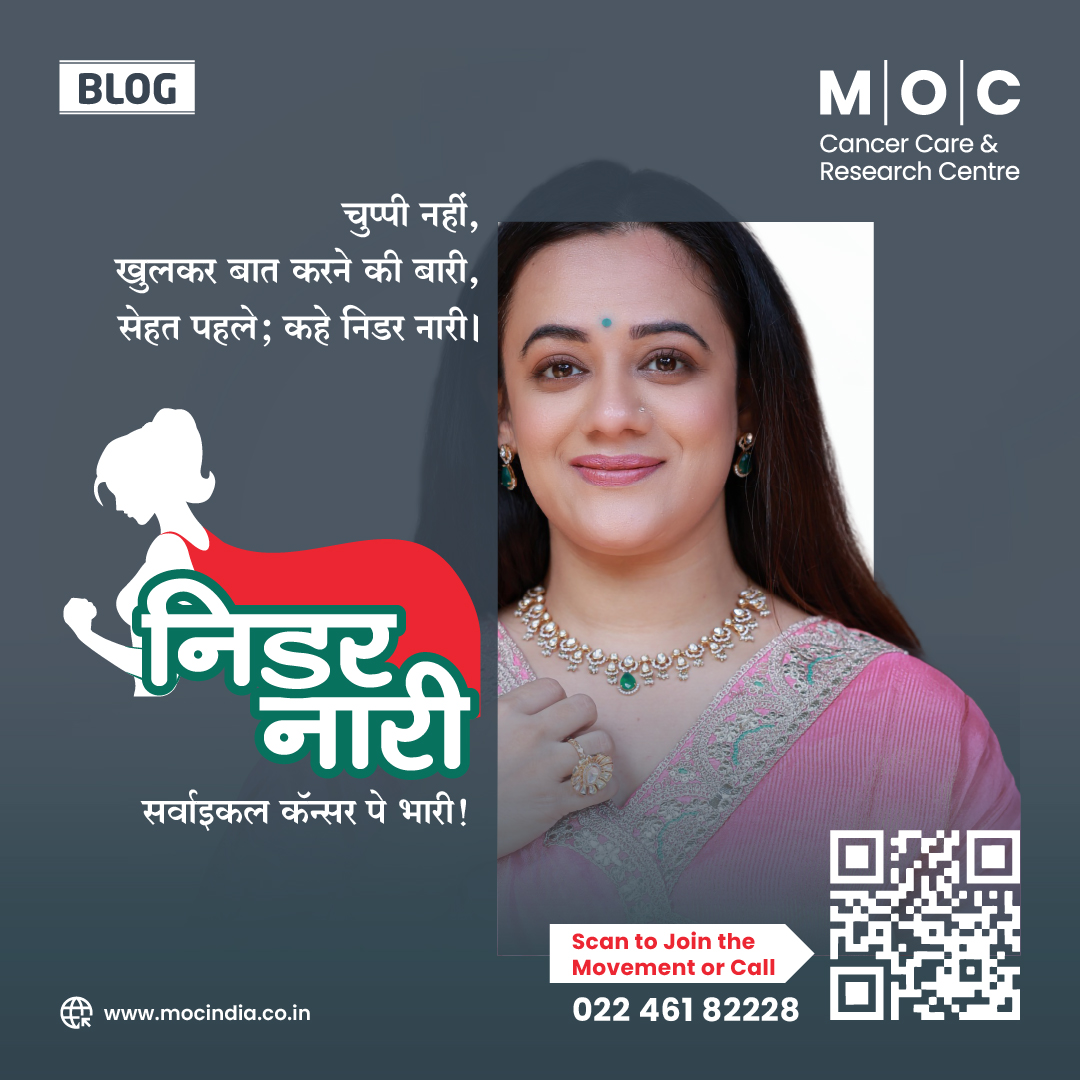
- 10th Feb, 2026
- Nidar Naari is a movement initiated by M|O|C Cancer Care & Research Centre
-
![Cervical Cancer Awareness Month- January 2026]()
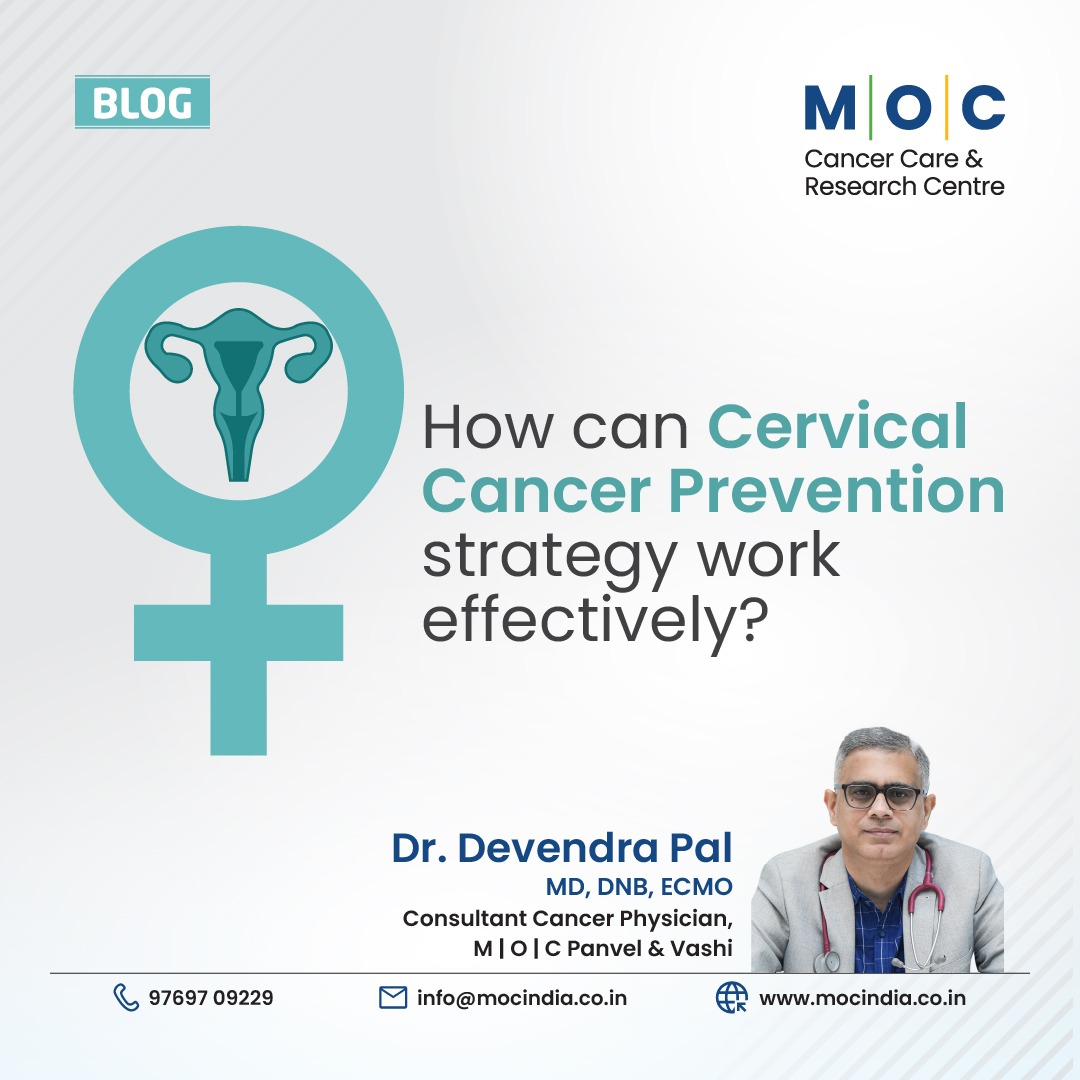
- 23rd Jan, 2026
- Cervical Cancer Awareness Month- January 2026
-
![Why Vaccinating Boys Against HPV is a Win for Everyone ?]()
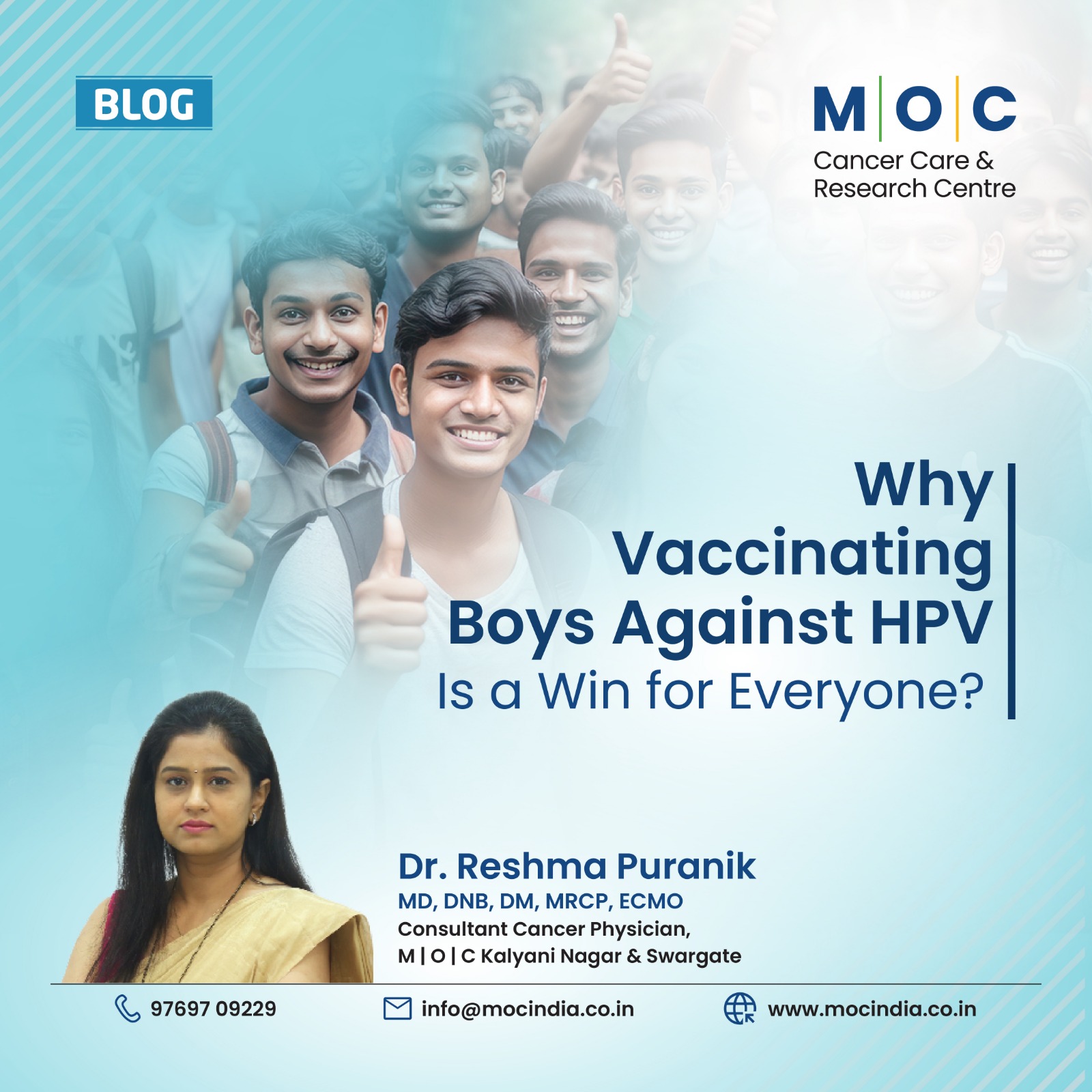
- 20th Jan, 2026
- Why Vaccinating Boys Against HPV is a Win for Everyone ?
-
![Are Pollution and Chemical Exposure Driving the Rise of Blood Cancer Cases in Children?]()
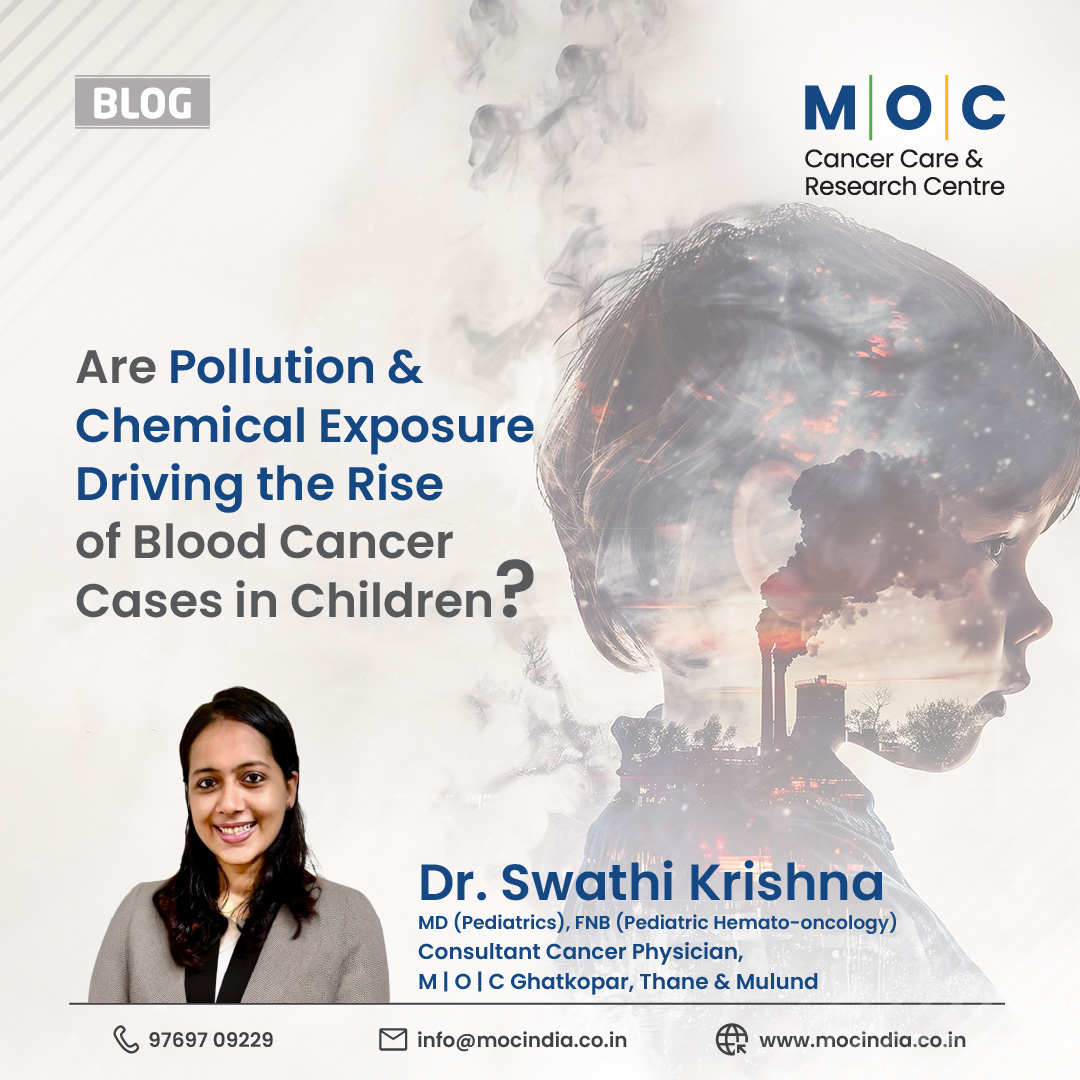
- 17th Jan, 2026
- Are Pollution and Chemical Exposure Driving the Rise of Blood Cancer Cases in Children?
-
![Significant Advancements in Cancer Treatment in 2025- Dr Kunal Jobanputra- M|O|C Kemps Corner and Mahim]()
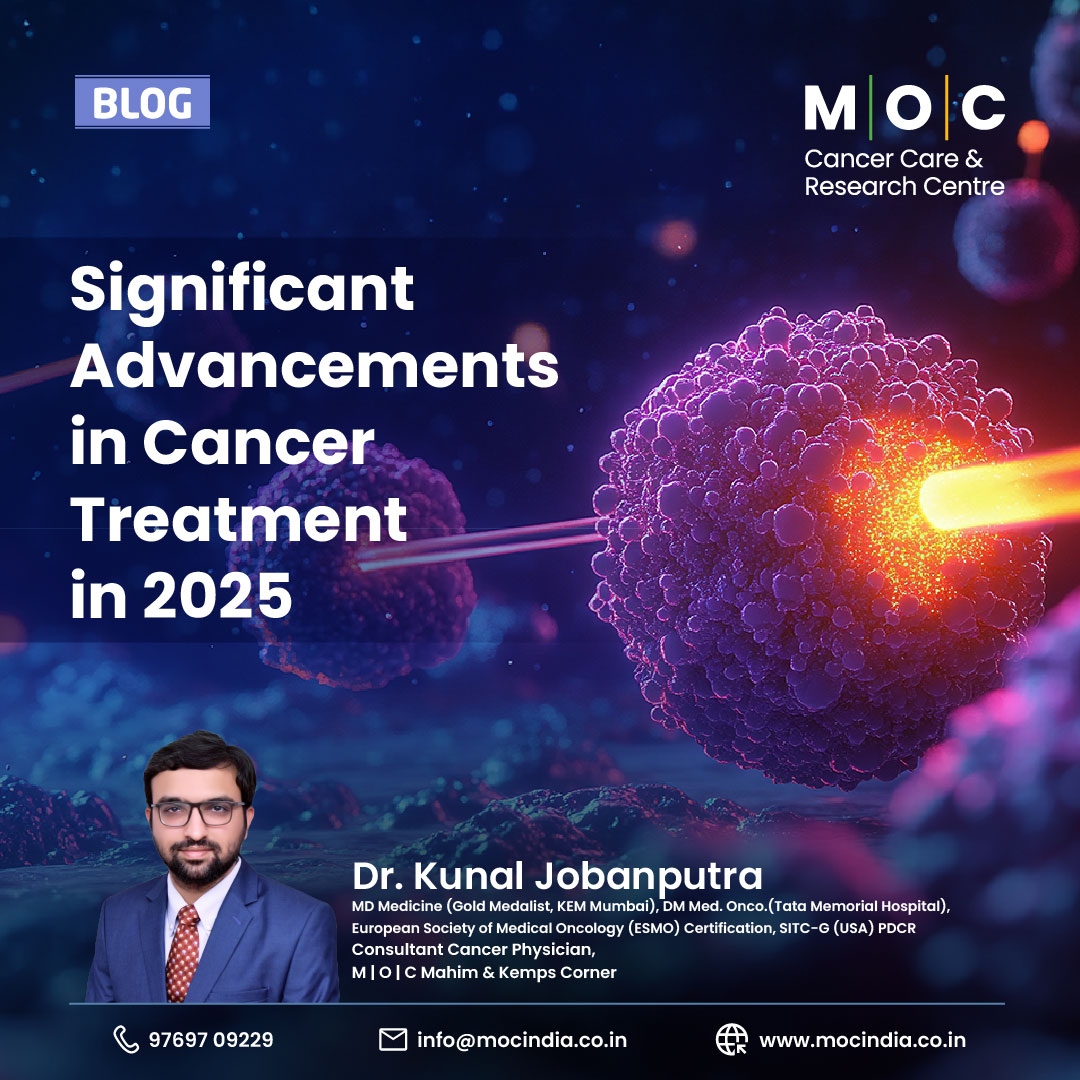
- 12th Jan, 2026
- Significant Advancements in Cancer Treatment in 2025- Dr Kunal Jobanputra- M|O|C Kemps Corner and Mahim
-
![Managing sleep disturbances during and after cancer treatment]()

- 11th Dec, 2025
- Managing sleep disturbances during and after cancer treatment
Book Your Appointment








